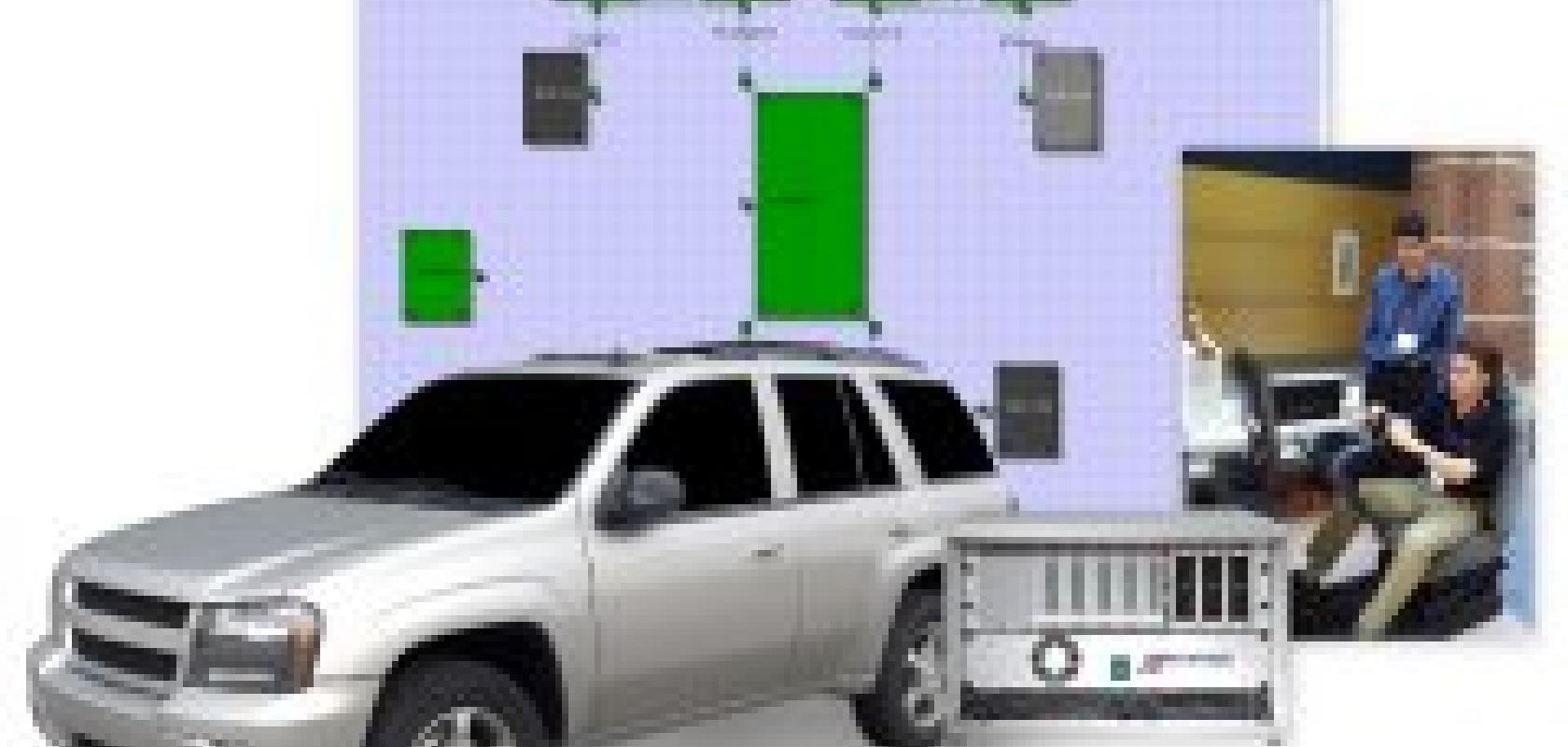Maplesoft and Toyota have founded a new consortium to develop symbolic computational tools for the automotive industry.
The group, which is set to include car manufacturers, academic researchers, software providers and OEMS, hopes to develop new mathematical tools that will increase the speed and efficiency at which automotive simulations can be performed.
Many of these simulations contain thousands of equations that explain the physical laws governing the performance of the components and the way they interact. It takes a lot of processing power and time to solve these equations numerically, but sometimes they can be manipulated before they are solved to produce a less complex set of equations that take less time to run.
‘We’ve seen an example that started with 2,000 equations, and we managed to simplify it to 50 equations,’ Laurent Bernardin, VP of R&D at Maplesoft, told scientific-computing.com.
However, currently the necessary tools are not available to allow this simplification in all cases. The consortium will collaborate to solve this problem by sharing example problems and discussing their requirements for the various software tools.
The technique of symbolic computing has been around for some time, but Bernardin believes it’s only recently that the automotive industry has recognised it as a valuable method. ‘The founding of this consortium signifies the realisation that symbolics are a key tool tool for engineering simulations,’ he said. ‘The software is stronger now, and the problems are becoming more important and more complex.’
The idea for the consortium first arose when Toyota approached Maplesoft with the problem in November, 2007. ‘Toyota felt the existing tools were not good enough – they don’t run the simulations fast enough, or with enough quality control,’ said Bernadin.
The group held its first meeting earlier this month in California, USA, to coincide with the International Federation of Automatic Control Symposium on Advances in Automotive Control, where the problem of physical automotive modelling and the role of symbolic manipulation was first presented to the audience. Future meetings will be held in Berlin, Germany, in February and Seoul, Korea, in July 2008, where the group will develop a more rigid plan of action.


